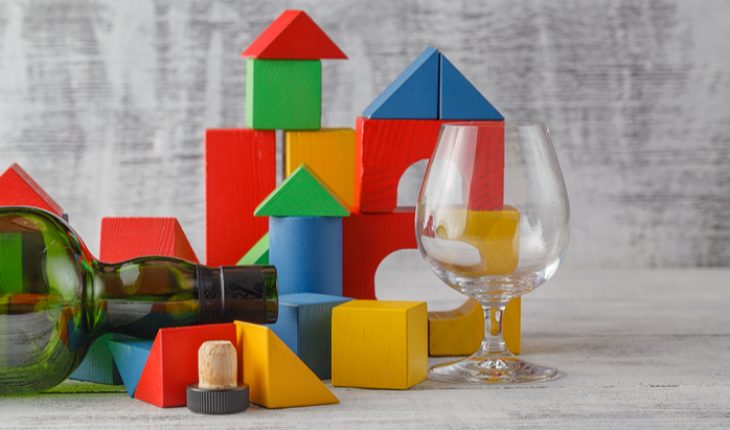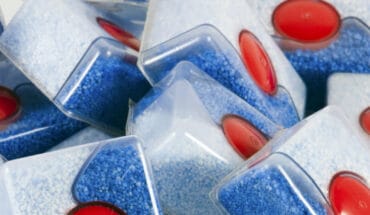Most people in Britain enjoy drinking in moderation and use it to good effect as a social glue and superlative relaxant. But think about alcohol and your teenage children, and suddenly you want to put the Pimms in a locked box and throw away the key. Or you go all French and offer them watered down Merlot with their nursery tea from the age of eight.
“The fact is that there is a lot of confusion about what is the best thing to do when it comes to introducing their kids to alcohol. On the one hand, parents want to ensure that they don’t create a taboo by avoiding the subject altogether,” says Lizzie Jeans, public affairs manager at the charity, Drinkaware. “On the other hand, there is a lot of fear that if parents are too liberal then kids will be reckless with alcohol.”
The good news is that statistics about alcohol consumption and young people are relatively optimistic. According to latest NHS figures, in recent years there has been a steady decline in the proportion of pupils who drink.
Parents, who are the biggest suppliers of alcohol to underage drinkers, have a crucial role to play in delaying the crucial ‘first drink’ which is now consumed by British children at an average age of 13.8 years. “Research that shows that the earlier a child drinks alcohol, the more likely that child is to drink to increasing risk levels,” says Jeans. Young people are also more vulnerable to the effects of alcohol. “We are fully behind the official Chief Medical Officer guidance which states that an alcohol-free childhood is the healthiest and best option.”
This is because young bodies are still growing, and alcohol can harm their development. Regular drinking can lead to cancer, liver disease, (which is on the rise in the UK) heart disorders and impotence in later life.
Those who do get into a drinking habit early are likely to join the growing ranks of binge drinkers. Among 35 European countries, the UK has the third-highest proportion of 15-year-olds who report having been drunk 10 times or more in the past year. Binge drinking is a particular feature of British teenagers, perhaps because our climate discourages the cafe culture and we share a Northern European penchant for getting maudlin drunk. (It is yet to be seen whether cheap alcohol in supermarkets is a factor – Scotland has just announced that it will impose a minimum per-unit price for alcohol and the rest of UK may soon follow suit.)
Young people from other European countries may drink alcohol but find it hard to comprehend the British yearning to down ‘shot bombs’ in lager to the point of passing out.
Alongside parents, schools have an important role to play too.
The Good Schools Guide makes a point of noting how schools deal with the issue of alcohol consumption, both among underage pupils and those who can legally drink with meals in the Sixth Form. “Different schools take different approaches,” says Jeanette Wallis, a senior editor at the Good Schools Guide. “Certainly some schools have more of a problem with alcohol than others, but not always the ones that you would expect.”
Flick through the guide and you can come across entries such as ‘booze seems to be a permanent problem’ with parents sending six packs to teens in tuck boxes, to approving mention of sixth formers dining at special supervised feasts with a glass of wine to go with the pudding.
Going up to university is another stress point for young people who may have had limited access to alcohol in the past. Many activities for Freshers at universities revolve around alcohol consumption, from Freshers fairs events to initiation ceremonies to sports clubs and university dining societies. Commercial bar crawls have hit the headlines recently. Young women who drink too much often cite lack of confidence as a reason for getting drunk. Young men are more likely to be motivated by peer pressure.
Tips on talking to your children about alcohol and underage drinking
- Take your cue from soap operas, films and news stories to discuss alcohol.
- Drinking too much has physical effects but it also affects people’s ability to make decisions and remind your child that he or she could get into situations they otherwise wouldn’t.
- Teach by example. Look at your own drinking. Young people learn more from watching their parents than they do from listening to them.
- Make sure you know safe limits for adult consumption (not regularly exceeding two to three units of alcohol a day for women, three to four units for men) so you can pass on realistic messages about what is and isn’t a risk when it comes to alcohol.
More information: http://www.drinkaware.co.uk/
- Biden Declines Second Term: Health Concerns - 23rd July 2024
- New catheter coating stops bacteria cells from swarming - 10th June 2024
- AI-designed catheters could dramatically reduce urinary tract infections - 10th June 2024







